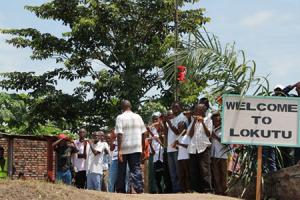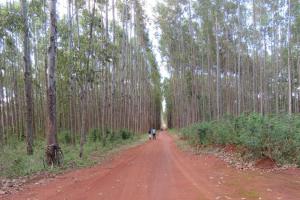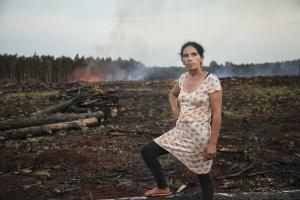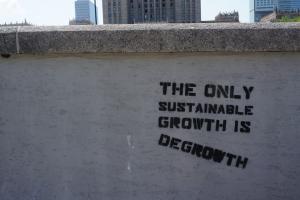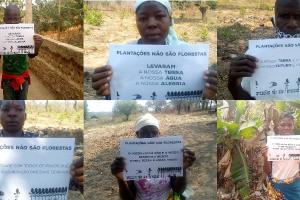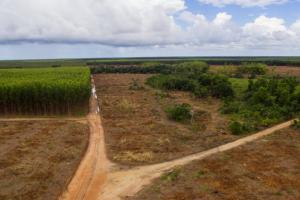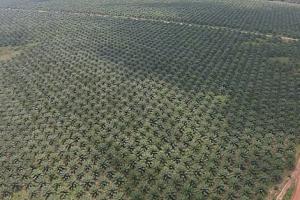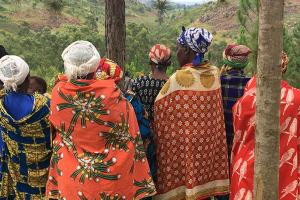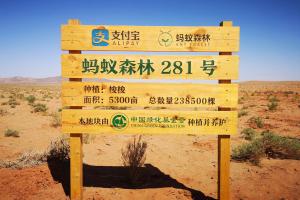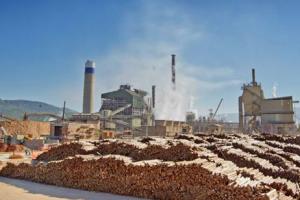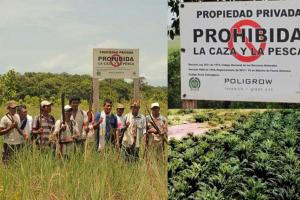European development banks have financed a plantation company in DRC that is built on injustice and violence dating back to a colonial-era land grab. When the company went bankrupt in 2020, the banks chose to uphold the plantation model.
Large-Scale Tree Plantations
Industrial tree plantations are large-scale, intensively managed, even-aged monocultures, involving vast areas of fertile land under the control of plantation companies. Management of plantations involves the use of huge amounts of water as well as agrochemicals—which harm humans, and plants and animals in the plantations and surrounding areas.
Bulletin articles
17 November 2020
Bulletin articles
17 November 2020
In June 2019, a report from the AfDB and WWF Kenya made a call to development-funding agencies, mainly from Europe, and the World Bank, to provide aid money to a new Fund for financing 100,000 hectares of (new) industrial tree plantations, to support the potential development of 500,000 hectares, in Eastern and Southern Africa.
Other information
17 November 2020
The organization, Independent Producers of Piray, in Argentina, organized to stop the Alto Paraná company and the monoculture of pine trees. The Alto Paraná company was acquired in 1996 by multinational pulp company, Arauco. The peasant women and men resisted and achieved something rarely seen: expropriation of lands from the multinational company. The organization also produces food for food sovereignty.
Other information
17 November 2020
The last bulletin related to the global pandemic from the organization Focus on the Global South encompasses seven articles that pose the question on how and if strategic economic transformations might emerge in this context.
Other information
17 November 2020
Members of MOVUS (Movement for a Sustainable Uruguay) denounced before the courts that UPM pulp company failed to comply the environmental conditions under which the installation of its new pulp mill in the department of Durazno, Uruguay, was authorized. They request the suspension of the works in progress until these requirements are fully met.
Action alerts
16 October 2020
On the eve of the International Day of Struggle against Monoculture Tree Plantations, an open letter signed by more than 730 members of Mozambican communities, and 120 organizations from 40 countries has been released.
Action alerts
6 October 2020
This Open Letter is a public reply from the Alert against the Green Desert Network from Brazil and WRM to an email from the investment department of the HSBC bank in the USA, requesting more information regarding the Suzano paper and pulp corporation in Brazil.
Bulletin articles
24 September 2020
Despite the various tactics that try to hide the underlying harm and violence behind large scale tree plantations, each year, communities and movements raise up on September 21st to give visibility to their struggles and to denounce the detrimental impacts tree plantations have on their lives and territories.
Bulletin articles
24 September 2020
The large-scale plantations from UK-based New Forests Company (NFC) have meant violence for thousands of residents from Mubende, Uganda. More than 15 years after the company began its operations, affected communities still confront the long-lasting and severe damages.
Bulletin articles
24 September 2020
A historical reflection of China’s main mass tree-planting projects puts in evidence the increasingly key role of capital and market forces in rural China. The most recent one is based on the idea of “green” consumerism and benefits some of the biggest retailer and technology companies.
Bulletin articles
24 September 2020
Several of Sappi’s plantations have been converted from pine to eucalyptus trees without authorization. Data obtained in over 75 years to verify timber plantations’ water use demonstrate that eucalyptus trees use 30 to 50% more water than pine trees.
Bulletin articles
24 September 2020
Colombia: Palm-Producing Company Poligrow Plans to Grab more Land under the “Small Producers” Scheme
Violence, massacre and forced displacement in the context of the armed conflict in Colombia have served to advance the industrial cultivation of oil palm. Palm-producing company Poligrow has an undeniable role in land-grabbing and intimidation in the municipality of Mapiripán.
